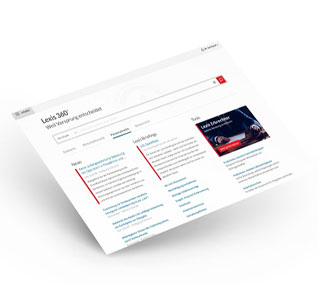Successful privatization must be accompanied by the complete removal of privileges and any public policy mission. Bank behavior changes rapidly as profit maximation replaces the bureaucratic objective function. Once privileges are granted, they are difficult to remove. Therefore, privatization is a one-time (non-reversible) operation. The German mortgage bank, DePfa, went through a carefully planned and lengthy privatization process that was successful. Fannie Mae, the U.S. mortgage firm, became a privately owned institution endowed with special privileges, which led to a quasi-monopoly position. This resulted in suboptimal financial sector performance. Fannie Mae's special privileges have proven resistant to reform efforts.

